“Novel climate-financing deals are promising to shut off dirty energy plants in developing countries and retrain their staff to work in the green economy,” Wired reports.
Launch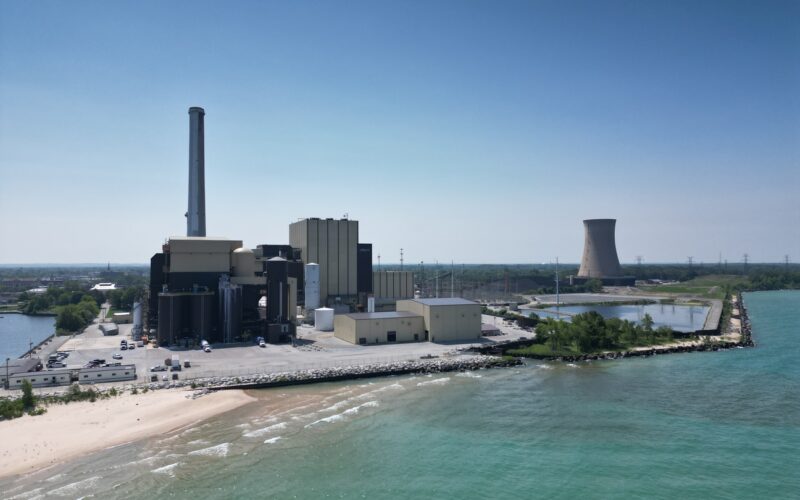
Offering asides, recommended links, blogworthy quotations, and more, In Brief is the Northwest Progressive Institute's microblog of world, national, and local politics.


“Novel climate-financing deals are promising to shut off dirty energy plants in developing countries and retrain their staff to work in the green economy,” Wired reports.
Launch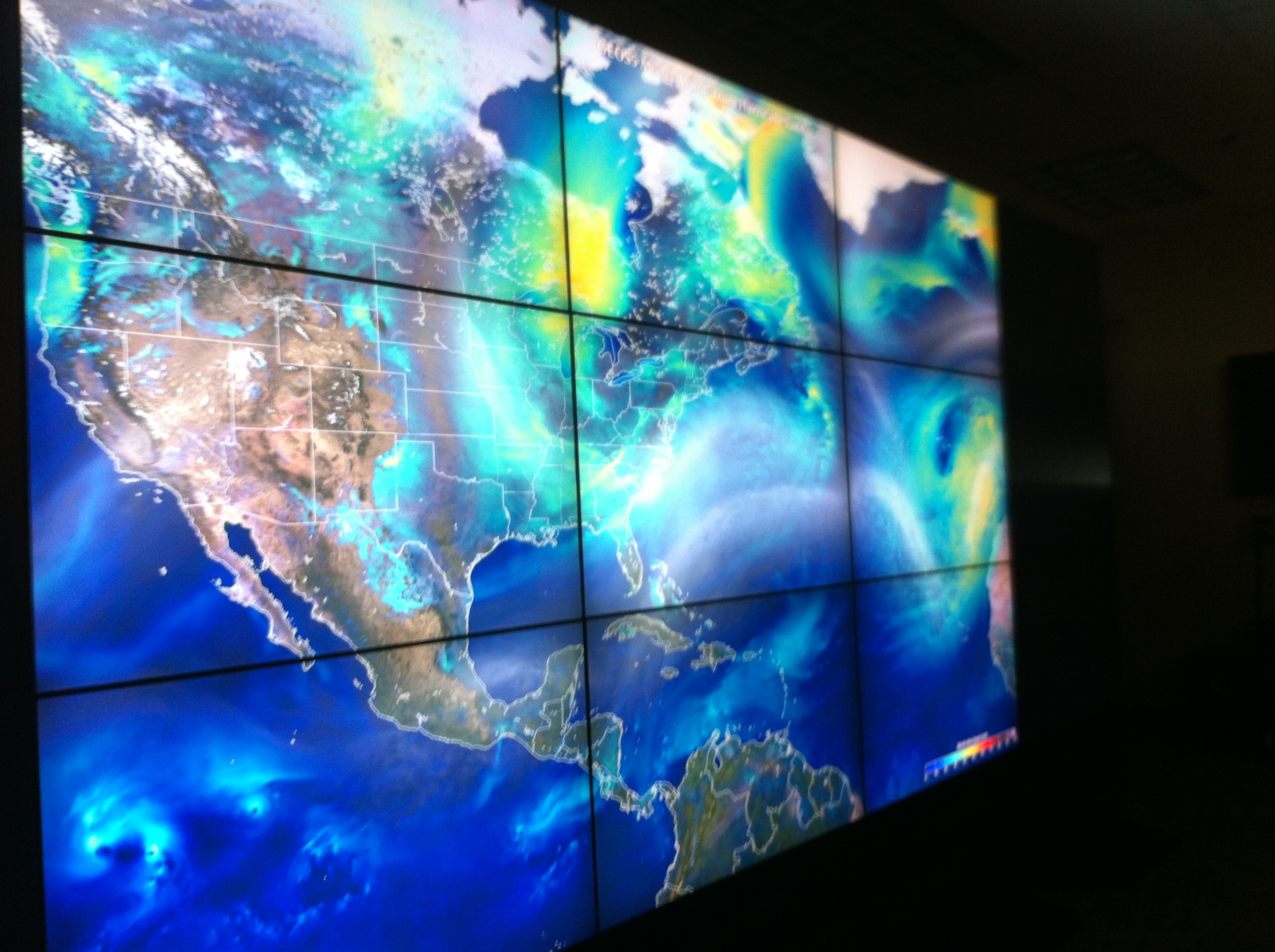
The Los Angeles Times “spoke with several researchers and climate experts about how the recent string of record-breaking, precedent-setting events feel to them. Their comments have been lightly edited for clarity.”
Launch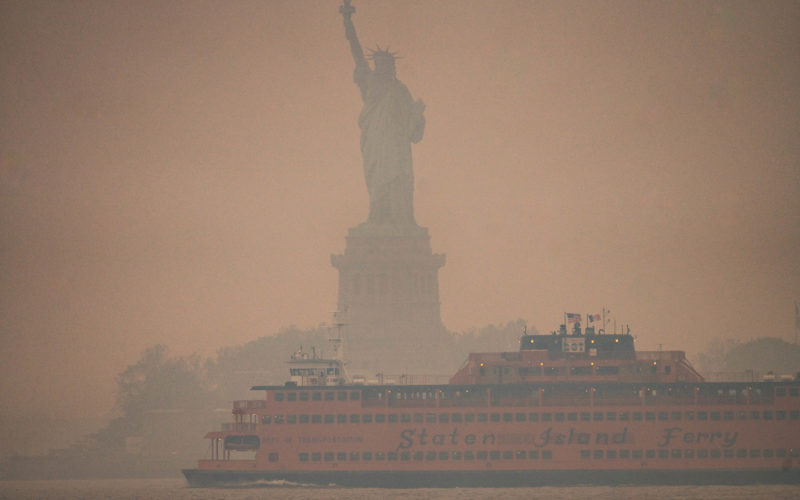
“Since 2000, growing wildfire pollution has reversed significant gains from the Clean Air Act, and over the coming decades, it is poised to become the country’s main source of particulate pollution,” David Wallace-Wells writes.
Launch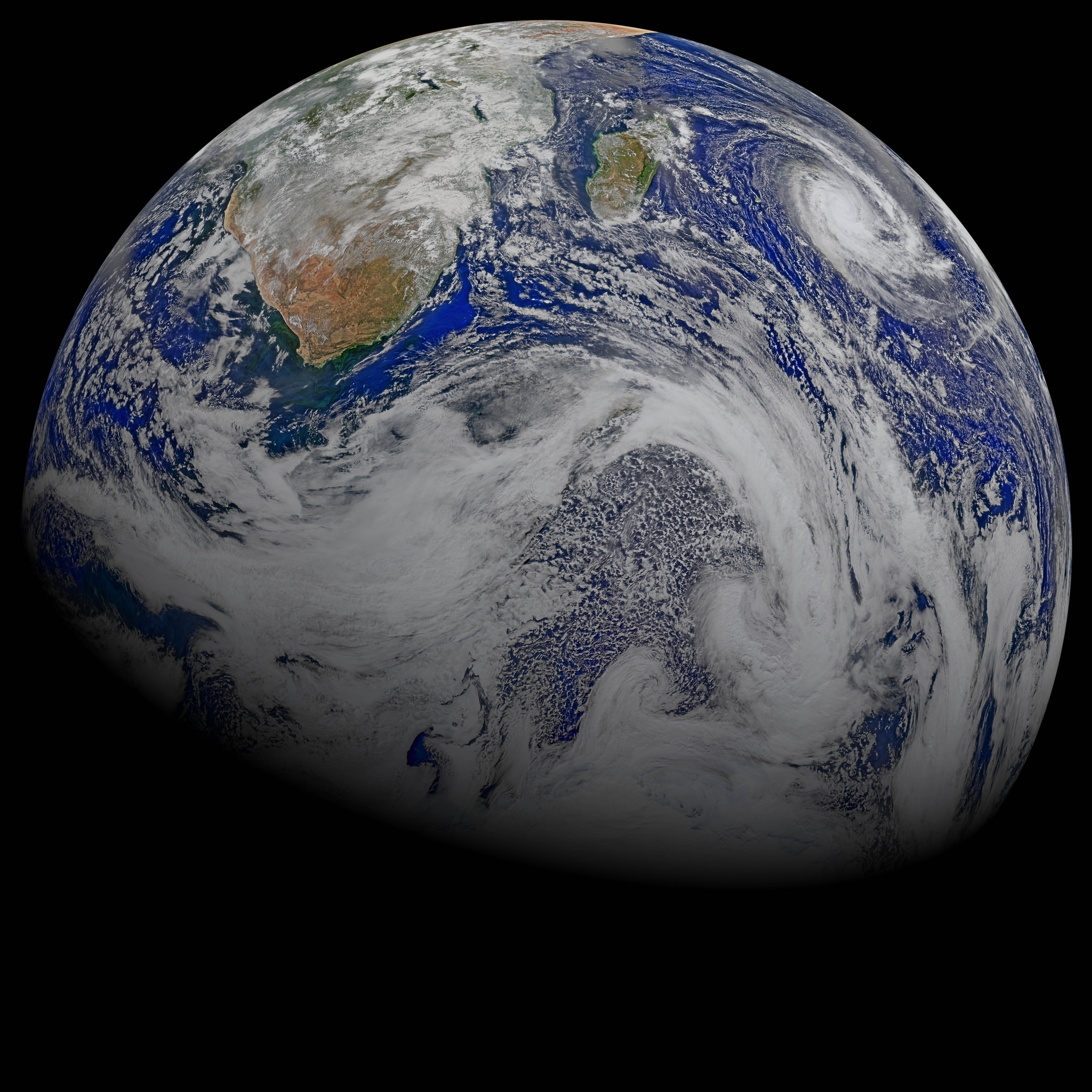
Reporting by The Associated Press: “Earth has pushed past seven out of eight scientifically established safety limits and into the danger zone, not just for an overheating planet that’s losing its natural areas, but for the well-being of people living on it, according to a new study.”
Launch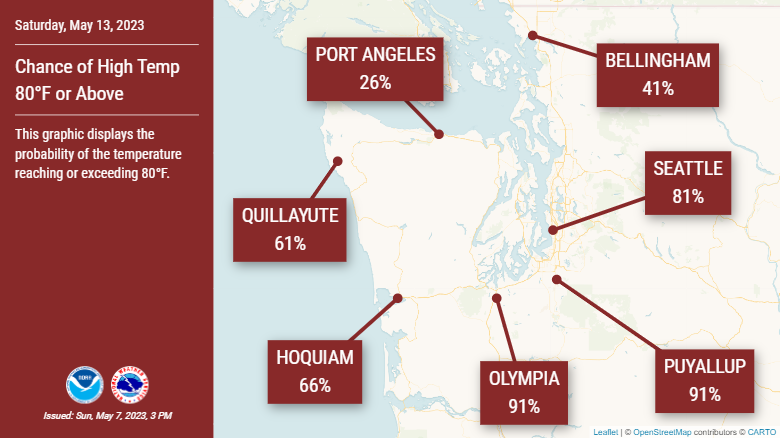
“Large parts of the Pacific Northwest from Oregon and Washington to British Columbia are bracing for unusually high temperatures this weekend. Some areas could see daily averages up to 30 degrees above normal, which could pose health problems to people who have not had a chance to build tolerance to heat so early into the warm season,” The Washington Post reports.
Launch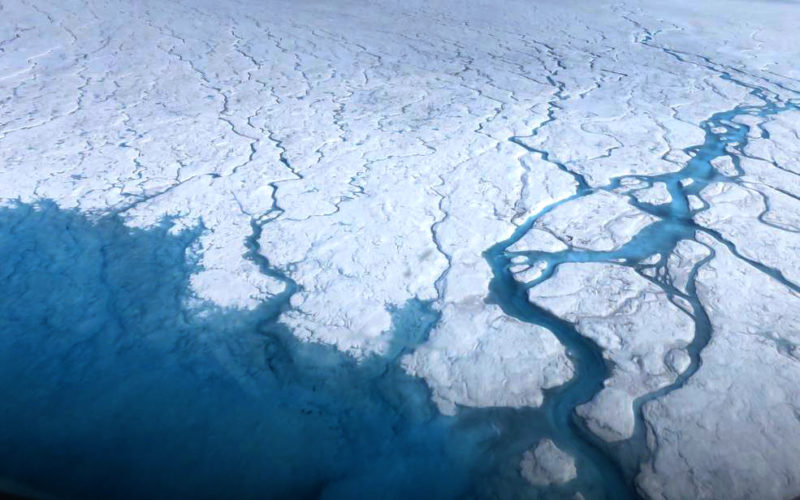
“Scientists studying one of Greenland’s largest glaciers say it is melting far faster than expected in its most vulnerable region, a worrying sign that glaciers perched in the ocean could contribute to sea level rise more quickly than currently forecast,” The Washington Post’s Chris Mooney reports.
Launch
Izzie Ramirez of Vox on how the cult of consumerism ushered in an era of badly made products.
Launch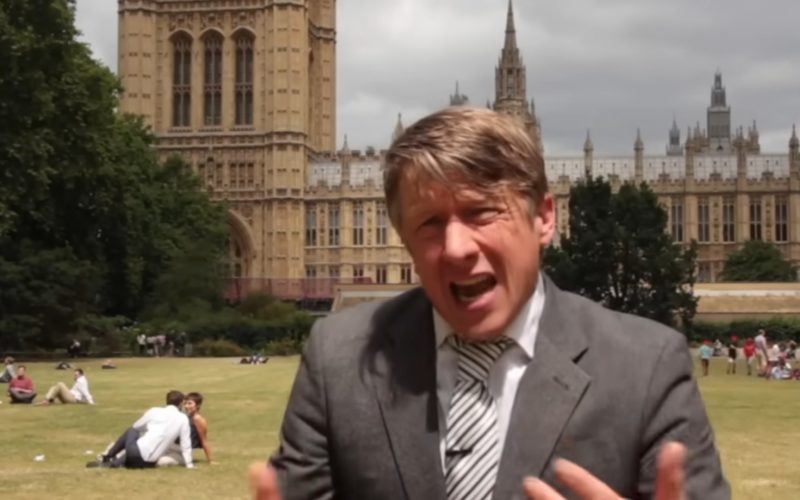
Watch a British humorist react to the news that Boris Johnson is resigning as Prime Minister of the United Kingdom.
Launch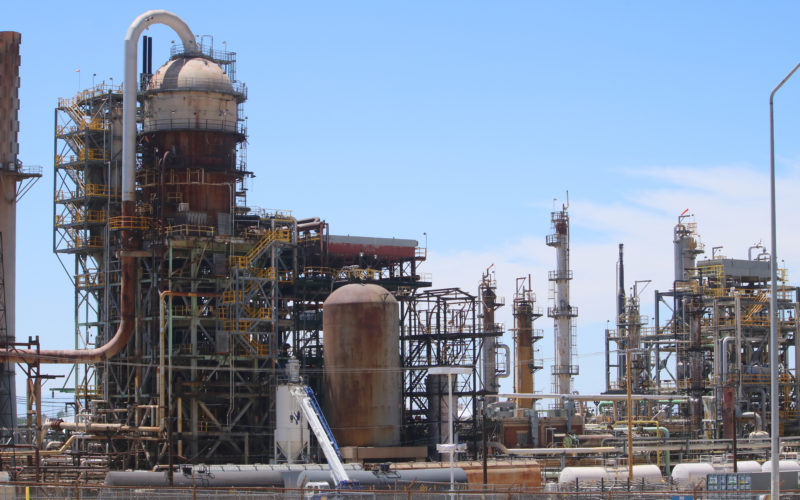
Refining oil is a dirty, dangerous business. Understandably, few private sector firms want to build, upgrade, or expand refineries at a time when the nation is trying to pivot to a renewable energy future.
Launch
Watch Kim Schrier’s April 11th press conference in Issaquah celebrating the appropriation of funds for the Sammamish Plateau Water District, which plans to upgrade its water treatment facilities to protect Washingtonians in its jurisdiction from toxic PFAS chemicals.
Launch
“Homeowners and landscapers are learning what ecologists have known for decades: It’s time to shed the mighty American lawn in favor of native plants and perennials,” Chris Moody writes.
Launch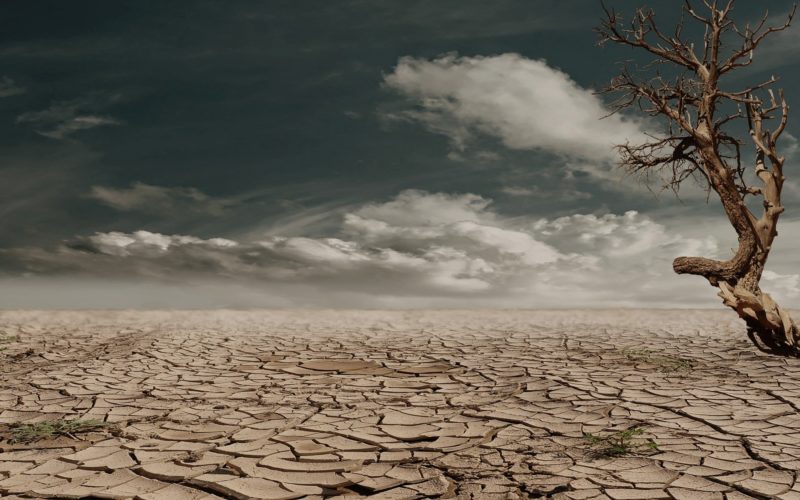
Megadrought in Southwest North America worst in 1,200 years “The extreme heat and dry conditions of the past few years pushed what was already an
Launch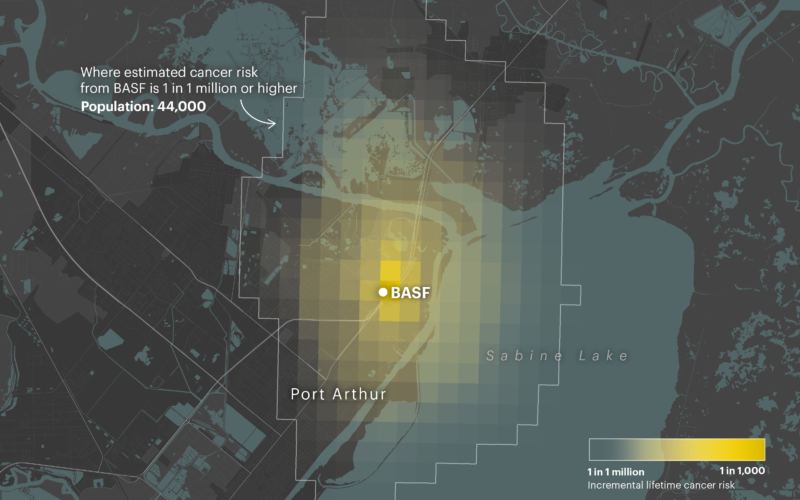
“The world’s largest chemical maker, BASF, produces ingredients for America’s most popular products, from soaps to surface cleaners to dishwasher detergent. Emissions from their U.S. plants elevate cancer risks for an estimated 1.5 million people,” ProPublica reports.
Launch
“What started in 2013 as a hyperlocal network of ‘circular gift economies’ in Bainbridge Island, Washington, has ballooned into a constellation of Buy Nothing groups with 4.3 million members in 44 countries,” Taylor Telford reports. “Members can request or offer any item or service as long as it’s legal; however buying, selling and bartering are prohibited.”
Launch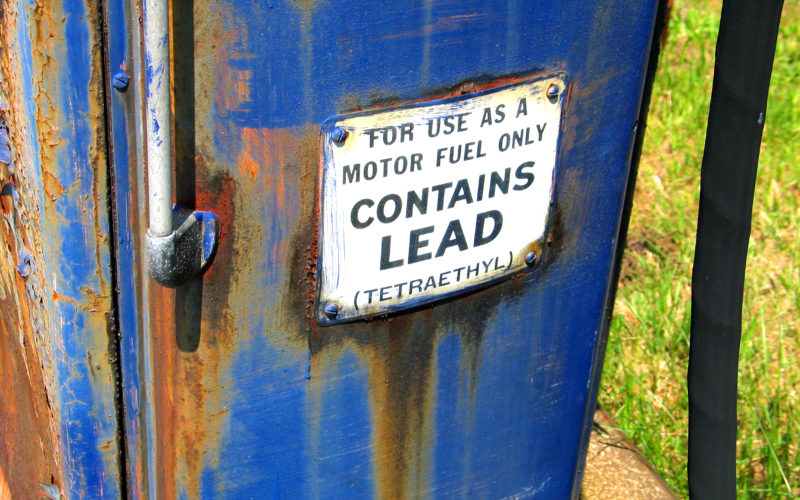
For decades, most gas sold in the U.S. contained a lead additive. Historian Bill Kovarik sees this anniversary as a time to reflect on the role of public health advocates and environmental journalists in preventing profit-driven tragedy.
Launch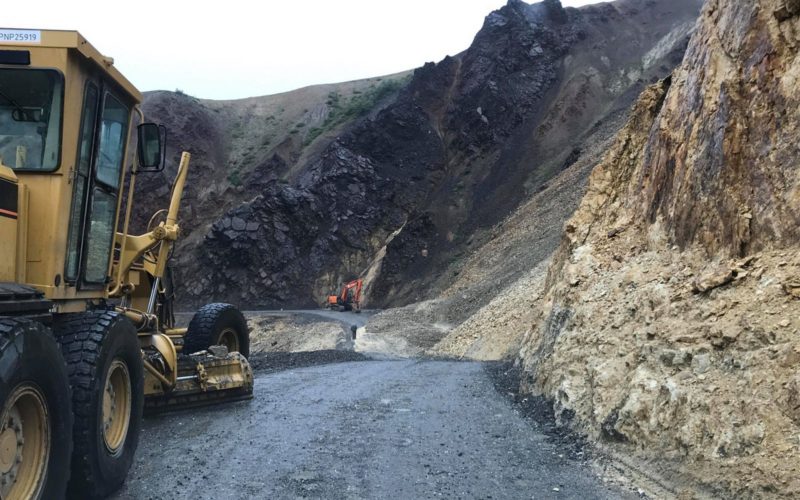
“For decades, the rangers at Denali National Park in Alaska were easily winning their battle against a slow-moving landslide underneath the park’s only road. Now, due in part to the effects of climate change, they are losing very badly,” Andrew R. Chow reports.
Launch
“It’s been a summer of sweltering heat waves and raging wildfires, and now it’s confirmed: July 2021 was the hottest month on Earth since record-keeping began,” Li Cohen reports.
Launch
“He’s describing what we would now call a ‘trophic cascade,’ and for me, as a scientist, I just find that genius that he anticipated that concept by a decade or more,” anthropologist and evolutionary biologist Nathaniel Dominy told NPR.
Launch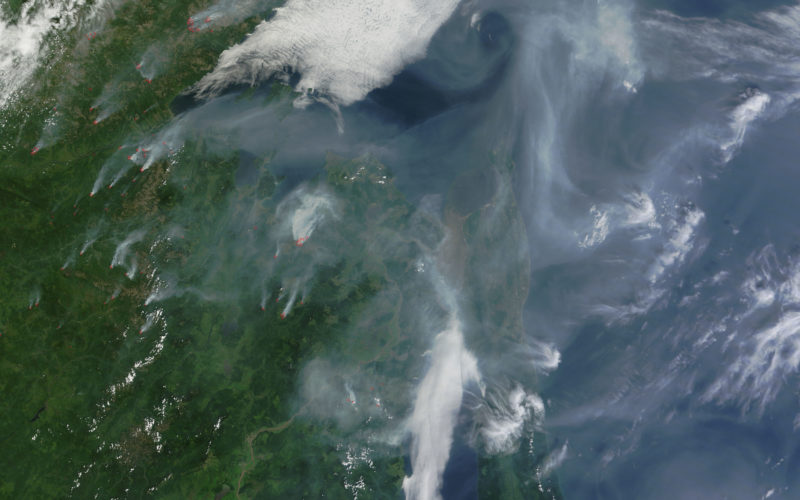
“Siberia is so vast that huge fires can burn without threatening any major settlements, transportation systems or infrastructure — but are still part of a swath of infernos that together are larger than all the other blazes around the world,” Robyn Dixon reports.
Launch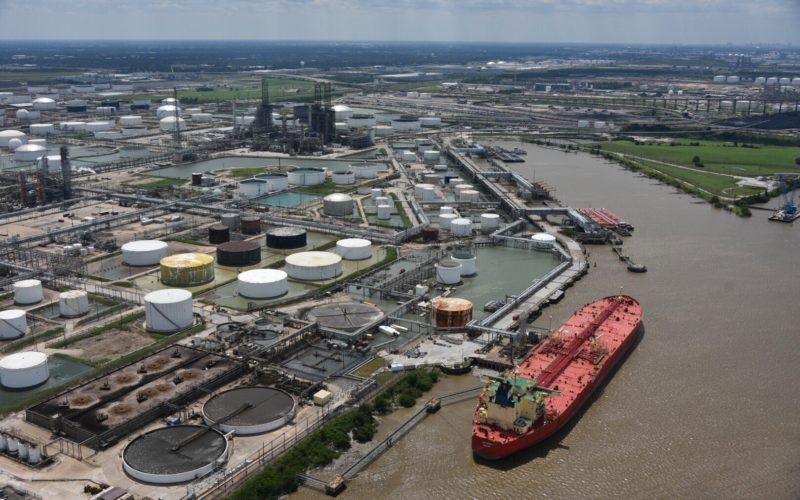
So much for don’t mess with Texas: “A slate of proposed revisions to federal chemical safety rules could have prevented the leaks, but the changes have been stalled for years,” Dominic Anthony Walsh reports.
Launch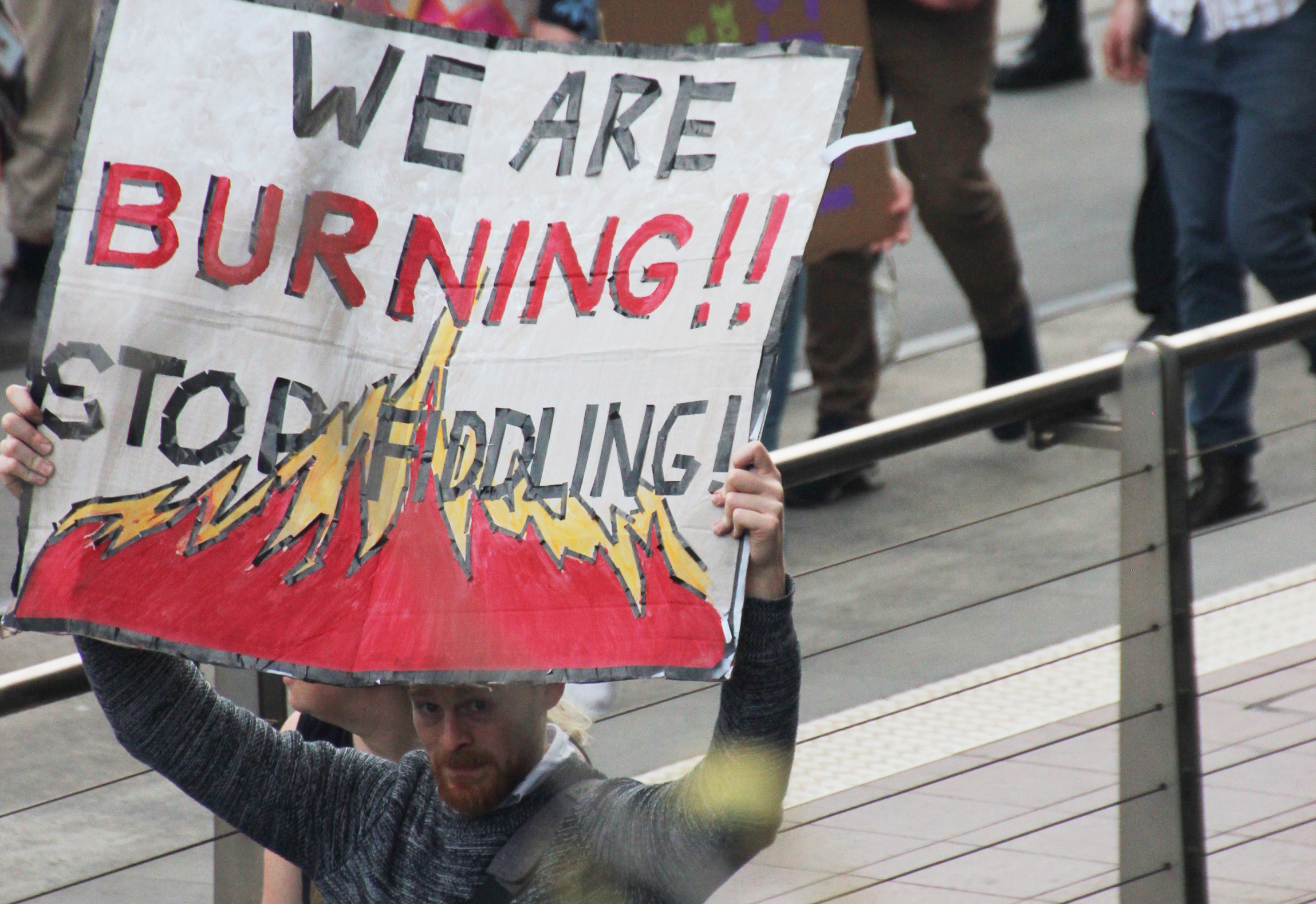
“Climate scientists who were not involved in the research say the work holds up to scrutiny,” Seattle Times reporter Evan Bush writes. He interviewed the Washington State climatologist and assistant state climatalogist for his story.
Launch